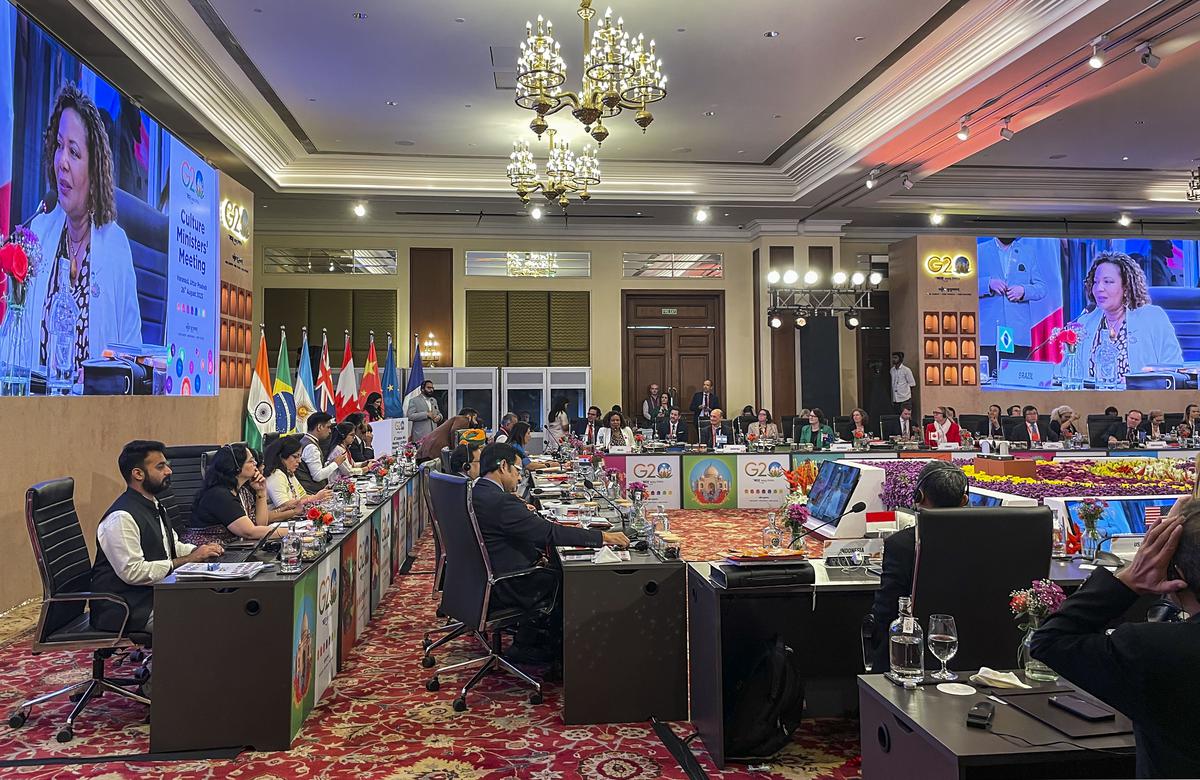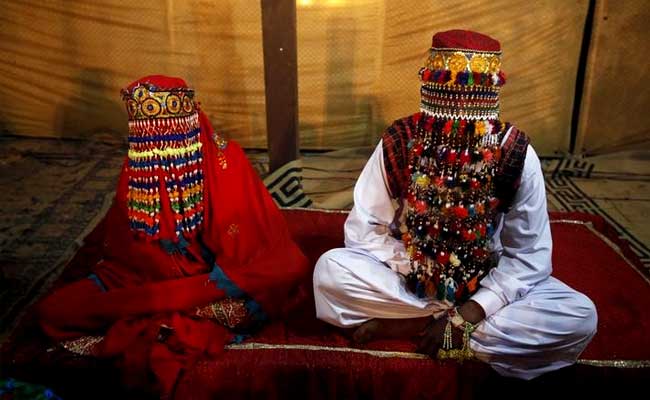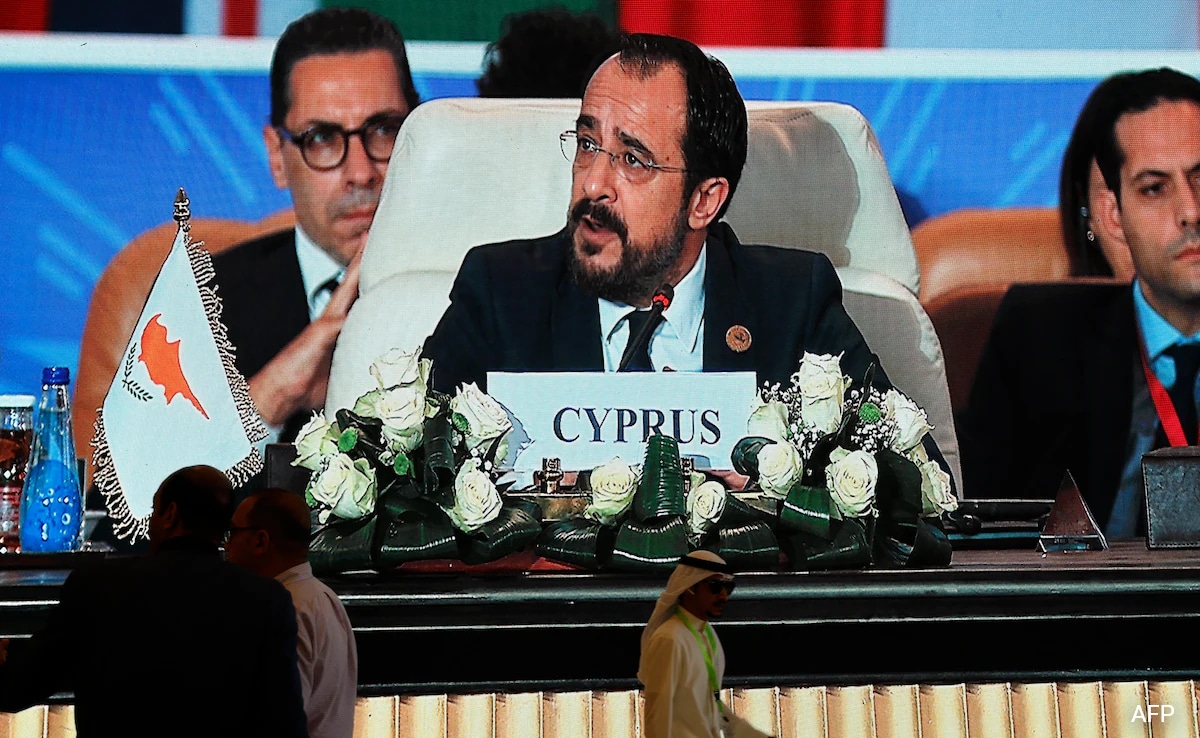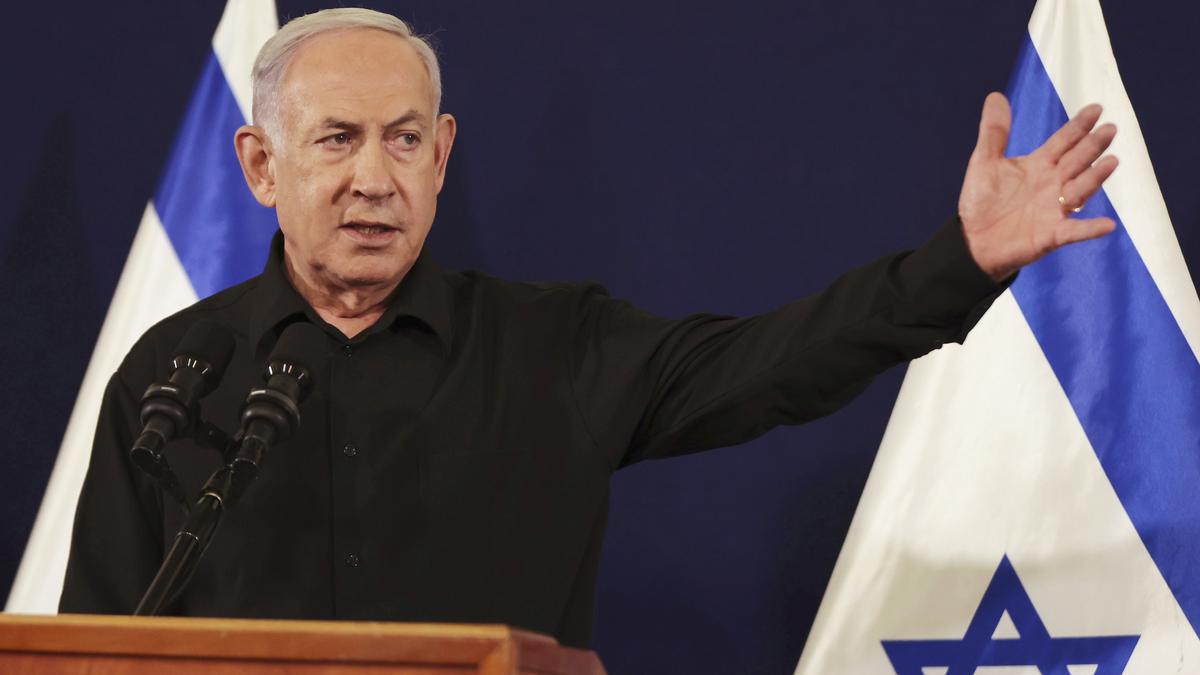Minister of Culture of Brazil Margareth Menezes during an interview with PTI on the sidelines of the G20 Culture Ministers Meeting, in Varanasi.
| Photo Credit: PTI
Brazil will continue working on “action-oriented efforts” for improving global culture after it receives the baton of the G20 rotating presidency following the summit in India, the South American nation’s minister Margareth Menezes has said.
This year’s G20 Summit will be held on September 9 and 10 in New Delhi under India’s presidency, where members and guest nations will discuss various economic reforms.
In an interview with PTI on the sidelines of the G20 Culture Ministers’ Meeting in Varanasi last week, the Brazilian culture minister said copyright issues, rights of cultural workers and preservation of heritage are the immediate agenda at hand and the presidency of the grouping “will be a special opportunity for us to collaborate on these efforts”.
Asked about the preparations for the G20 culture track meetings in Brazil next year, Ms. Menezes, a popular singer-turned-politician, said, “The initial steps comprise a virtual meeting followed by three in-person meetings.” “Throughout this period, we aim to solidify the specific agenda we have observed here and explore ways to amend them with new initiatives for strengthening the cultural sector of the G20,” she added.
Sharing the pillars on which the culture track discussions will take place under Brazil’s presidency of the G20, Ms. Menezes said preservation of cultural heritage and digital technology will be among key topics.
“Cultural and social diversity, heritage and digital environment, including copyright, are of paramount importance. It is essential to integrate these themes with the goals of sustainability and preservation, particularly in the context of the culture of Brazil’s traditional communities,” the minister told PTI.
At the meeting of the culture ministers from G20 nations in Uttar Pradesh’s Varanasi on August 26, deliberations were held on the four pillars of culture articulated under India’s presidency.

Minister of Culture of Brazil Margareth Menezes speaks during the G20 Culture Ministers Meeting, in Varanasi.
| Photo Credit:
PTI
These pillars are protection and restitution of cultural property, harnessing living heritage for a sustainable future, promotion of cultural and creative industries and creative economy, and leveraging digital technologies for the protection and promotion of culture.
As a troika member — past, current and future presidency — of the G20 (Indonesia-India-Brazil), Ms. Menezes delivered an address at the meeting following which a ministerial Outcome Document and Chair’s Summary ‘Kashi Culture Pathway’ was issued.
About Brazil’s participation in the G20 Summit in New Delhi, she said, “Preparations are underway for President Luiz Inácio Lula da Silva’s visit and I believe it will be a fantastic occasion. The president, who is concerned about sustainability, culture and humanity, will definitely make this summit a highly significant moment in India.” Asked what is the mood in Brazil and its government in anticipation of assuming the next G20 presidency, Ms. Menezes said, “A highly positive experience. It will be of great importance for Brazil to continue the development of these action-oriented efforts, aimed at improving global culture through the G20.” She invited Indians to visit Brazil to “gain a deeper understanding” of the country.
“You will find that Brazil has a deep affection for Indian culture. It has significant influence and is well-regarded by many. Let’s strengthen this brotherhood and foster relations with culture as diverse as India’s,” she added.
A Brazilian delegate who accompanied the minister during the Varanasi meeting said his country is “excited” about being handed over the baton of the G20 Presidency.
“The G20 presidency is like hosting a ‘World Cup of diplomacy’. Tremendous excitement… Brazil and India, both are culturally diverse countries with elements of similarities. So receiving the baton from India will be great,” he said.
Sources in the Brazilian culture ministry said the key pillars for the G20 Culture Working Group meetings will include cultural preservation and restitution of cultural property, heritage and its preservation, intellectual property, artificial intelligence and its implications in the culture sector.
In the ‘Kashi Culture Pathway’ document, all members came to a consensus on the preservation of heritage, saying, “We stand united against the destruction of cultural heritage, whether intentional or collateral, notably in situations of conflicts which curtail prospects of peace and sustainable development for the affected populations by undermining global stability”.
“We support preventive conservation measures in line with international standards and the rehabilitation of damaged cultural heritage,” the document stated.












